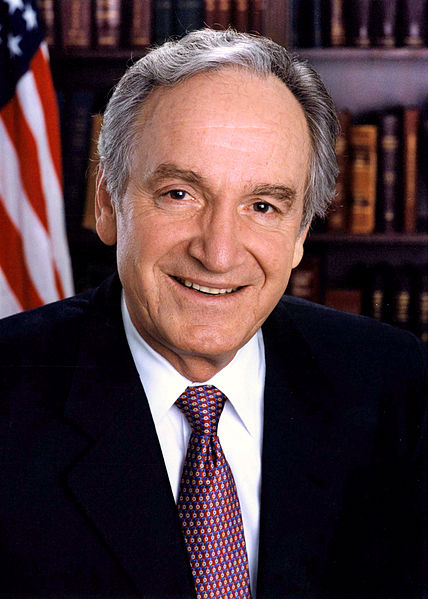WASHINGTON — Academics and former aides say they will miss Tom Harkin’s service as a health care “champion” after he retires from the U.S. Senate next year.
But they said they believe Iowa and national health care research funding likely will have new advocates.
“I really do believe that once he retires — although we will miss him as a champion — there are other champions,” said Sue Curry, dean of the University of Iowa College of Public Health.
Those likely to succeed Harkin, a Democrat, as chairman of the Senate Health, Education, Labor and Pensions (HELP) Committee, as well as the Appropriations Subcommittee on Labor, Health and Human Services and Education, which allocates funding for health initiatives, have — to varying degrees — advocated for health care funding, according to a number of Capitol Hill observers.
Since his election in 1984, Harkin has been a strong advocate for the advancement of biomedical research nationwide, and he helped boost the number of federal dollars that went to Iowa’s medical facilities, Curry said. “I think once he leaves, we will see some people step in and take up the cause,” said Erik Fatemi, former staff director of the appropriations subcommittee. “But it’s not clear yet who that person is going to be.”
Who that person will be depends largely on which party controls the Senate after the Nov. 4 elections. On the Republican side, dibs for the HELP chairmanship would go to ranking member Sen. Lamar Alexander of Tennessee, who is up for re-election.
Alexander sponsored legislation enacted last year that expands research related to premature birth. In 2008, the Science Coalition, a not-for-profit scientific research advocacy group, gave Alexander its Champion of Science award.
If Democrats retain the majority, senior Democratic member Sen. Barbara Mikulski from Maryland would be poised to take over as HELP chairwoman. But Mikulski chairs the powerful Appropriations committee, a role she might be unwilling to give up.
Sen. Patty Murray, D-Wash., would be next in line.
“We need to change how we talk about research — this isn’t just another line-item on the balance sheet that is ripe for cutting,” Murray said during a visit in August to the University of Washington. “It is a long-term investment that pays off in global competitiveness, jobs, growth and well-being for families and communities across the country.”
However, Murray chairs the Senate Budget Committee and hasn’t publicly stated a desire to pick up the reins from Harkin.
As for the Senate health appropriations subcommittee, Murray also would be next in line.
But Kansas Sen. Jerry Moran, the senior Republican on the subcommittee, stands to take over Harkin’s post if Republicans win the Senate.
“Fortunately NIH (National Institutes of Health) funding has bipartisan support, and this is an area where Sen. Harkin always collaborated with Republicans,” Fatemi said. “I think there’s a good chance that there will be some members who will step up and continue to fight.”
In Iowa, both candidates for Harkin’s seat — U.S. Rep. Bruce Braley, D-Iowa, and Republican state Sen. Joni Ernst — have said they would support funding for medical initiatives.
The University of Iowa has been awarded more than $1 billion in NIH grants since 2008. In August, the federal government awarded four Iowa health centers and clinics more than $900,000 in Affordable Care Act funding, according to a U.S. Department of Health and Human Services news release.
“Because of people like Sen. Harkin, we have kind of this safety net in communities where people can get quality medical services,” said Ro Foege, interim chief executive officer of the Eastern Iowa Health Center in Cedar Rapids. “We expect whoever will take that spot in Washington, D.C., in the U.S. Senate — we fully expect them to continue their support for this kind of service.”

